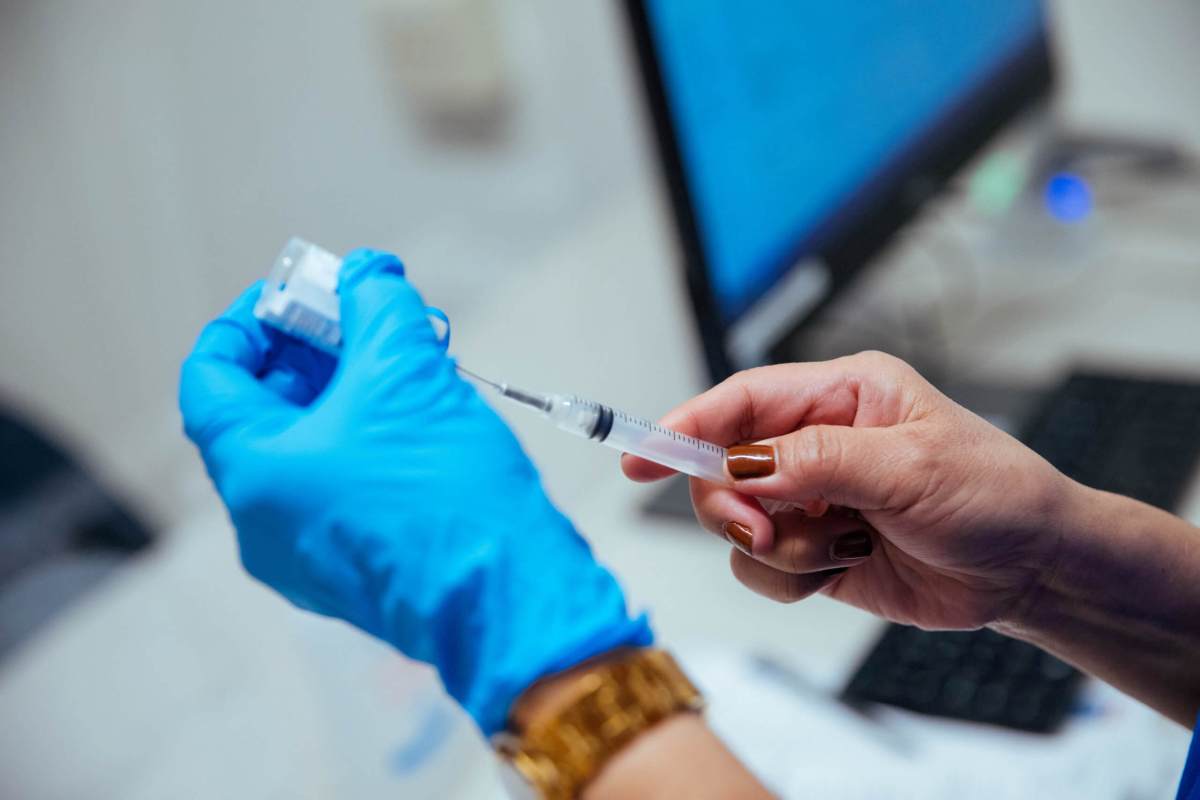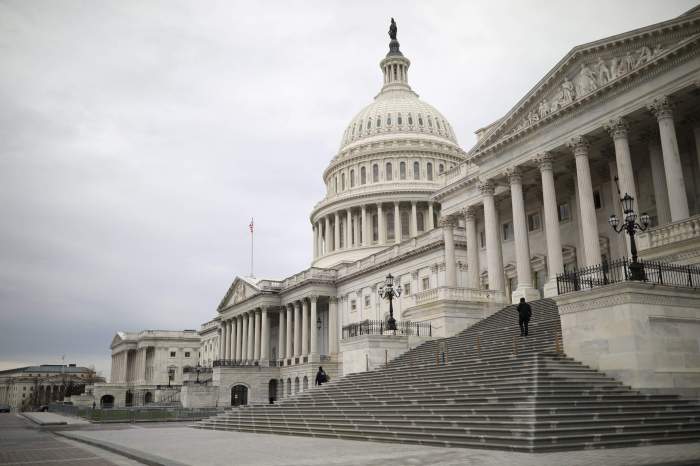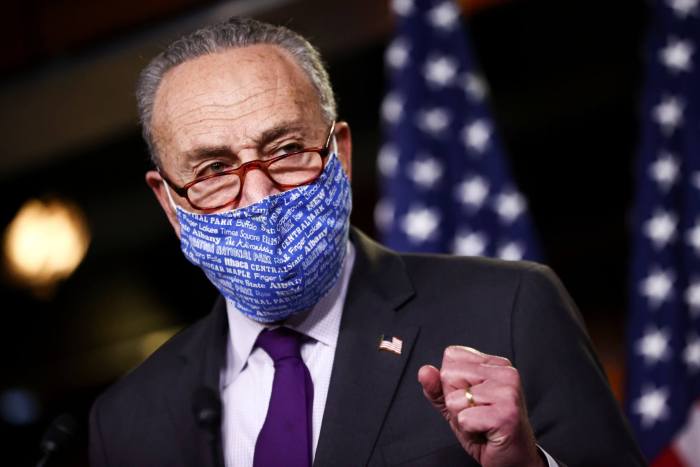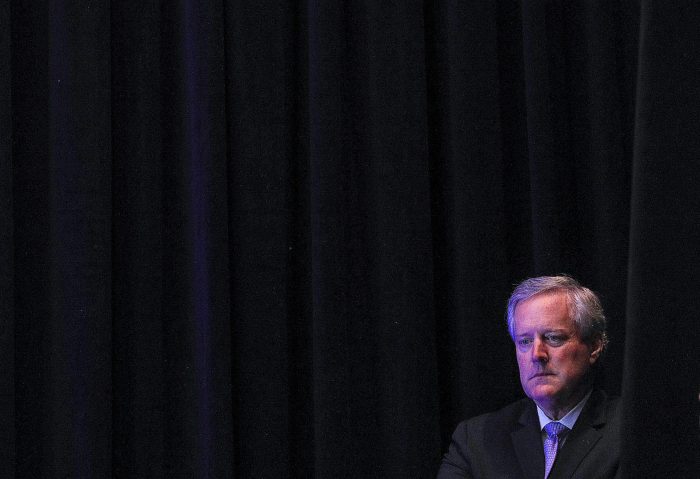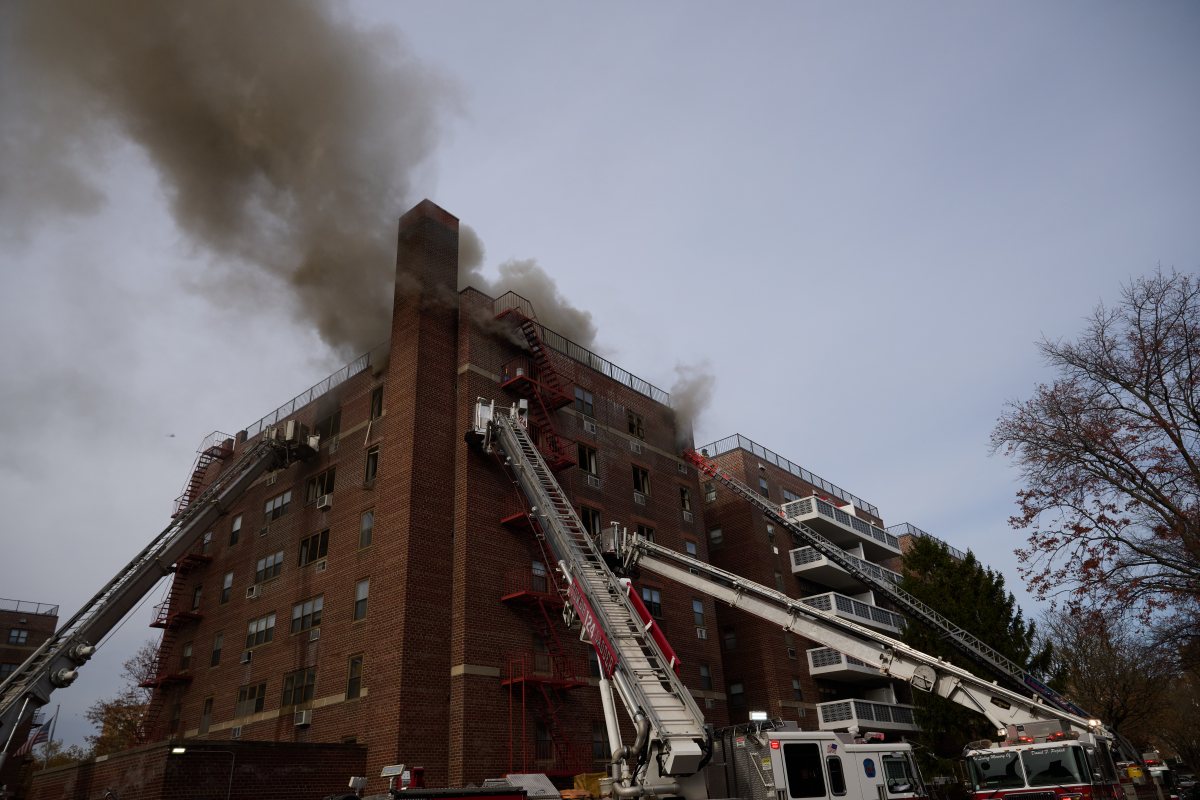Last week, the Biden Administration and Congress passed much-needed legislation to provide relief for the millions of Americans who have faced dire economic, social and health-related challenges from the COVID-19 pandemic. Within days of the passing of this legislation, Americans began receiving some immediate relief in the form of stimulus checks and other resources–some of which focus on making healthcare more accessible and affordable for all.
As CEO of MetroPlusHealth, New York City’s leading low-cost health insurance provider, I am dissecting, processing and analyzing the many healthcare provisions in the COVID-19 Economic Relief Bill, much of which will have a considerable impact on our more than 600,000 members, as well as our primary care doctors, specialists and community providers. Most importantly, it will drastically shift the marketplace for both insured and uninsured New Yorkers, and it is important to understand what all of these provisions really mean.
Whether you are currently insured and seeking better options or are uninsured as a result of high costs or recent unemployment, you should know about policy changes and provisions, and consequently, your options for obtaining, changing, keeping, or lowering the cost of, your health insurance.
Most significant is that the bill would increase subsidies to people who buy Affordable Care Act (ACA) health plans— marking the biggest changes to the health law since its passage in 2010. The subsidy changes are temporary and expire after two years, but would mean much lower payments for people who currently have healthcare insurance. The package also includes funding aimed at enticing states that didn’t expand their Medicaid programs earlier to do so now, and subsidies to cover the cost of health insurance for people who lose their jobs. Currently, people who earn 400% of the federal poverty level are not eligible for the tax credits that help offset the cost of buying health plans. That means a single person who earns more than about $51,000 isn’t eligible, nor is a family of three that makes about $87,000.
Second, the legislation would eliminate an income cap that limits who is eligible for ACA tax credits and reduce monthly insurance premiums. It will also limit the amount households pay to only 8.5% of their income on healthcare, and it would boost subsidies to lower-income consumers. Additionally, older adults with incomes above the poverty level would see significant savings. The additional subsidies in the COVID-19 relief bill could yield substantially lower premium payments for nearly 14 million people insured on the individual market.
The relief package also encourages states to expand Medicaid. The federal government for two years will increase its matching funds to cover both existing Medicaid enrollees and the full cost of expanding, up from its current payment covering 90% of costs for states that haven’t expanded yet. The federal government will also pay 100% of COBRA insurance premiums for employees who lost their jobs because of the pandemic, and for their covered relatives, allowing them to stay on their company-sponsored health plan through September 2021. Employers will obtain the subsidy, to be passed along to COBRA enrollees, through a payroll tax credit against employers’ quarterly taxes.
If the credit exceeds the amount of payroll taxes due, the credit would be refundable when employers submit their quarterly tax return. The credit could also be advanced under rules that would be set by the Treasury Department.
I fully support these policy measures, as the residents of the New York metropolitan area, New York state, and across the United States are working diligently to overcome the public health implications of the COVID-19 pandemic and return to relatively normal lives.
As both a medical doctor and health industry leader, I understand the tremendous toll this pandemic has taken on American lives over the past twelve months. In the height of the pandemic, and with New York at its epicenter, MetroPlusHealth shifted quickly to meet the dire needs of our members, most of whom come from some of New York City’s most vulnerable communities. We launched a telehealth service and mental health support, along with food delivery and other social service resources for our members. We also launched a partnership with the Hotel Fund, to provide health insurance options for displaced New York City hotel and hospitality workers. We know there is still a great deal that needs to be done; but this COVID relief bill, with its significant healthcare provisions, is timely and much-needed.
I look forward to doing all that I can to support the Biden Administration and the legislation, as we work in partnership with the federal, state and local government to help bring this pandemic to an end, once and for all.
Talya Schwartz, MD is President and CEO of MetroPlusHealth. Since 1985, MetroPlus Health Plan has built a reputation for providing access to affordable, quality health care to residents across New York City. A wholly-owned subsidiary of NYC Health + Hospitals, the nation’s largest public health system, MetroPlusHealth is the plan of choice for over 600,000 New Yorkers and has a five-star rating based on the State’s 2020 Consumer’s Guide to Medicaid and Child Health PlusManaged Care Plans in New York City.



